Is Corten Steel Rust Proof?
Steel Corten (Corten) is a weather resistant steel that can more appropriately be described as an atmospheric corrosion resistant steel. It is a copper chromium alloy steel – this alloy exhibits a greater level of resistance to atmospheric corrosion than other unalloyed steels.
Speaking of Corten Steel , specialised Corten Steel is used for proper functioning . Cortensteeltube.com Is one leading Manufacturer, Supplier & Stockist Of Corten Steel ASTM A847 Grade 1 Tubes.
As for corten steels, the rusting process occurs in the same way, but instead results in a more stable rust layer known as a patina, which adheres to the base metal and is less porous. When exposed to the weather, this naturally-developed patina regenerates continuously and creates a protective barrier that hinders the entry of oxygen, moisture and pollutants.
Does this make corten steel rustproof? Not at all. Corten steel is left to rust in order to form a protective patina coating. While this results in a much lower corrosion rate compared to other steels, it does NOT make corten steel corrosion-proof.
Corten sheet facade cladding naturally changes its appearance over time, it is resistant to atmospheric agents, producing an extraordinary oxide finish that protects it from corrosive phenomena. Rust creates a surface coat that regenerates continuously, allowing facade cladding to “protect itself,” making it an extremely durable and low-maintenance solution.
Steel surfaces can be conceived as continuous surfaces capable of establishing a visual dialogue with the surrounding environment, thanks to their ability to change gradually over time, expressing themselves in a “formal language” typical of steel, and exploiting its ornamental qualities above all.
What are the uses of Corten Steel?
It is not rust-proof, but it rusts in a controlled manner. It is a type of weathering steel that forms a protective layer of rust when exposed to the elements. Rust acts as a barrier to corrosion, protecting the underlying metal.
Corten steel’s unique properties make it popular for outdoor sculptures, building facades, and other architectural features. In addition to its distinctive rusty appearance, many designers appreciate its rugged, industrial appearance.
It is important to note, however, that Corten steel is not completely rust-proof. The underlying metal can begin to corrode if the protective layer of rust is damaged or compromised. In addition, Corten steel may not be suitable for use in environments with high chloride levels, such as coastal areas, since this can accelerate corrosion.
Corten steel is a durable and versatile material that can be used in a wide variety of applications despite not being rust-proof.
What are the advantages of Corten Steel?
Corten steel’s rusting property is both an advantage and a disadvantage, depending on the application and aesthetic desired. Corten steel has the following advantages:
- As Corten steel ages, it develops a unique, rust-like appearance that is highly sought after by architects and designers. Because of this, it is popular for outdoor sculptures, building facades, and other architectural features that need to have a rugged, industrial look.
- Once installed, Corten steel requires very little maintenance, unlike other types of steel. Rust forms a protective layer on the surface that prevents further corrosion, eliminating the need to paint or coat the surface regularly.
- High durability: Corten steel is highly durable and can last for decades without corroding or wearing out. As a result, it is a cost-effective option for many applications, as it doesn’t need to be replaced as often as other materials.
- The material can be recycled at the end of its lifespan, making it a sustainable material. Furthermore, its durability reduces the amount of waste that is generated over time, since it doesn’t need to be replaced as frequently as other materials.
Corten steel’s rusting property provides a unique, rustic appearance while also requiring very little maintenance, making it highly durable and sustainable.
What are the disadvantages of Corten Steel?
In some cases, Corten steel’s rusting property can also be a disadvantage. The following are some disadvantages to consider:
- Rusting period: When Corten steel is first exposed to the elements, it can release rust runoff that can stain nearby surfaces, like concrete or stone. It can cause problems in some applications, such as near buildings with light-colored facades or in areas with strict environmental regulations.
- Corten steel has a unique, rust-like appearance that is highly valued for its rugged, industrial appearance. This, however, limits the color options available, which may be a disadvantage for some design applications.
- Corten steel does not require regular painting or coating, however some maintenance may be necessary over time to maintain the protective layer of rust. The airflow to the metal surface can be improved by removing any debris or buildup.
- Corten steel may not be suitable for coastal environments with high chloride levels because this can accelerate corrosion. To prevent corrosion in these environments, additional protective coatings may be required.
While Corten steel’s rusting property can provide unique aesthetic advantages, it may also need careful consideration for some applications, such as in areas with strict environmental regulations.
Cortensteeltube.com is a leading supplier, stockist, manufacturer & exporter of Corten Steel . Get in touch with us for the best rates & availability Of Corten Steel ASTM A847 Grade 1 Tubes.


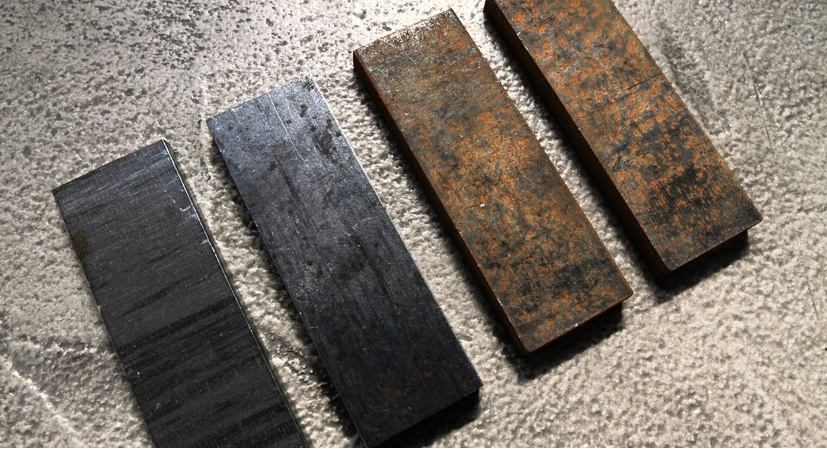
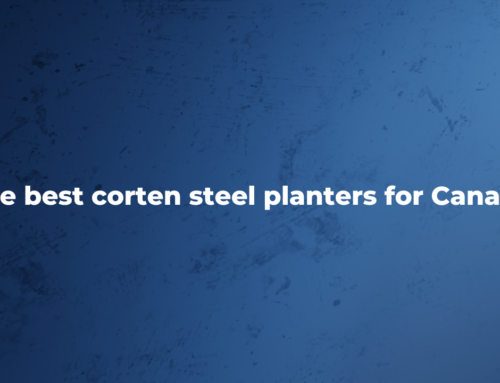
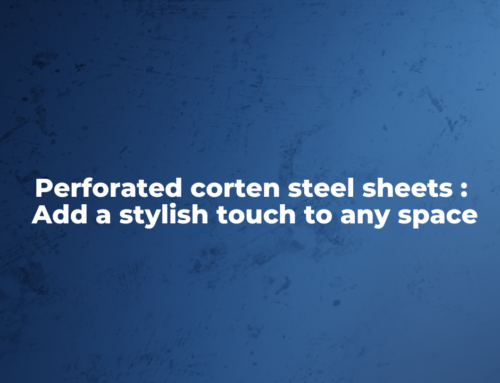
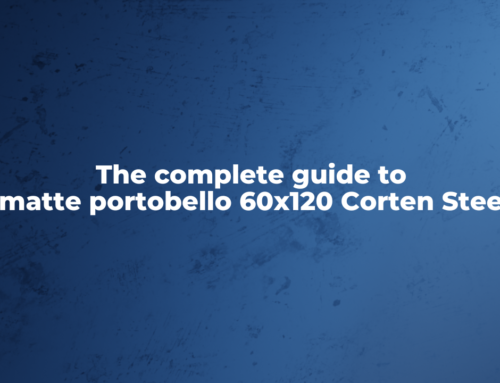
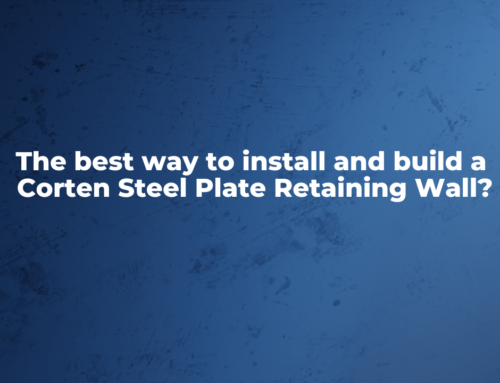
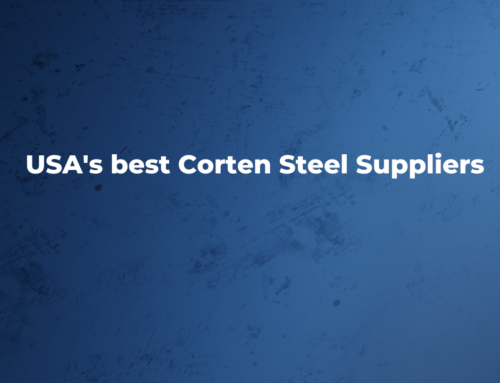
Leave A Comment